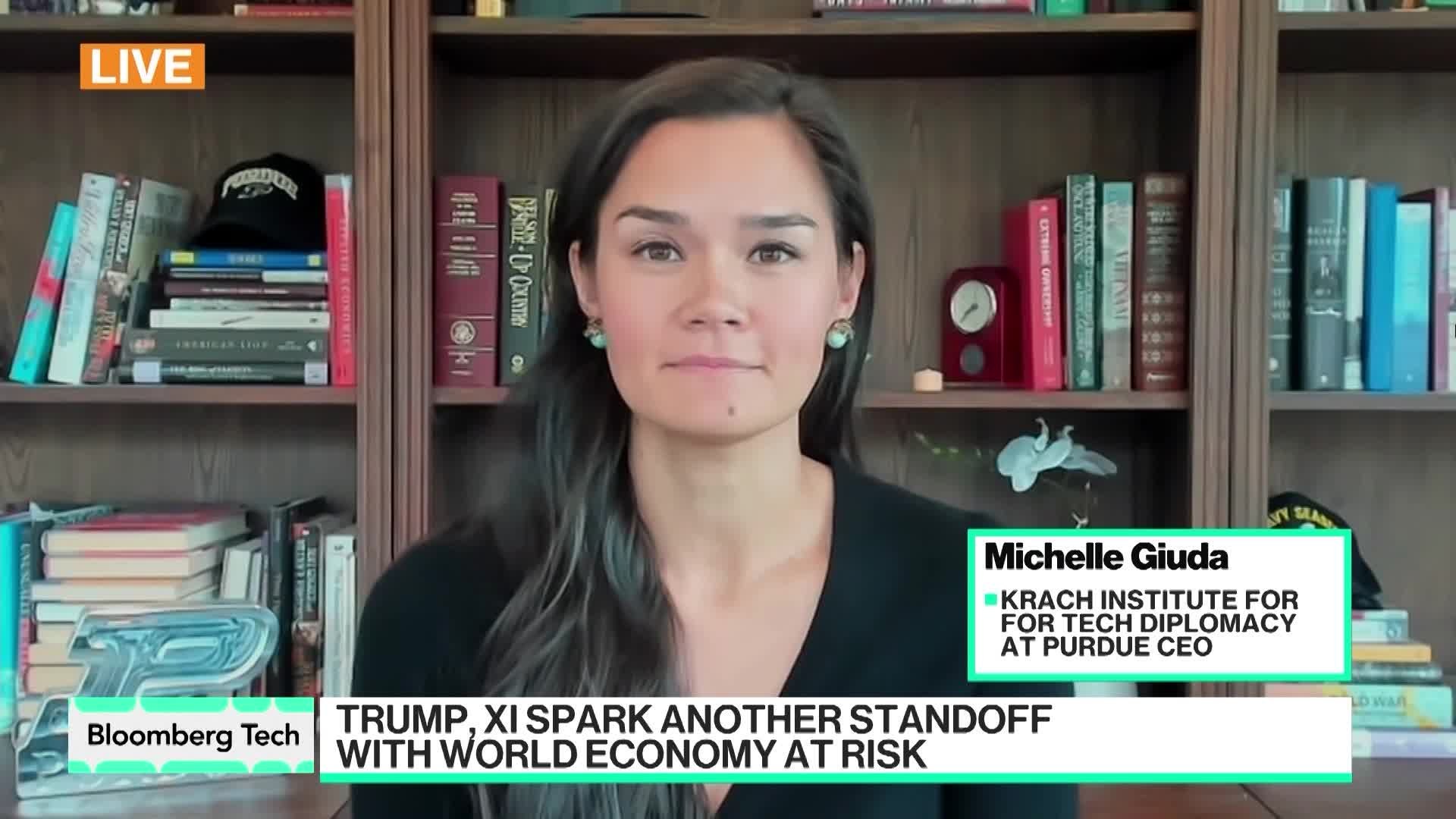Hong Kong’s Beijing-controlled government has sentenced 45 pro-democracy figures to prison for their participation in a 2020 unofficial primary election, further stifling political freedoms in the once-autonomous city.
The individuals, who include some of Hong Kong’s most prominent democracy advocates, were handed sentences ranging from four to 10 years for “conspiracy to commit subversion.” The group’s primary election aimed to unify pro-democracy candidates to gain a legislative majority and block what they perceived as Beijing’s overreach.
Authorities claim the effort was part of a plan to paralyze the government, though the primary was not explicitly prohibited at the time. The National Security Law, introduced in 2020 after months-long protests, was used to retroactively target the activists. The law, widely criticized internationally for its broad and vague wording, allows for sentences of up to life imprisonment and has been used to prosecute journalists, activists, and even citizens wearing allegedly “seditious” T-shirts.
Peter Parks/AFP via Getty Images
Among those sentenced was Benny Tai, a former law professor at the University of Hong Kong and a key organizer of the primary. Tai received a 10-year prison term, the longest sentence handed down under the National Security Law to date.
Another prominent figure, Joshua Wong, who was already jailed for more than a year over an unauthorized protest in 2019, was sentenced to four years and eight months. The 28-year-old shouted, “I love Hong Kong,” before being led away.
Newsweek reached out to Hong Kong Chief Executive John Lee’s office for comment but received no response by publication.
Supporters of the sentenced activists gathered outside the courthouse, with long queues of residents seen in a quiet show of solidarity.
Video shows the adoptive mother of activist Hendrick Lui, who received a 51-month sentence, being detained and loaded onto a police van after displaying a sign that read, “The righteous will live a long life, and the wicked will perish.”
Some of the 45 activists have already spent more than three years in detention. Of the original “Hong Kong 47,” 14 contested the charges and were convicted in May, while 31 pleaded guilty in hopes of receiving lighter sentences.
Since 2020, China has further tightened its grip on the city’s legislature, the Legislative Council. The proportion of its 90 seats that are directly elected was reduced to 20 from 35. The government also introduced a vetting process to ensure that all candidates are “patriots” loyal to Beijing, effectively barring opposition candidates.
China had initially promised Hong Kong 50 years of political freedoms under the city’s mini-constitution, the Basic Law, following the city’s 1997 handover from Britain. Critics say Beijing has reneged on its obligations by curbing press freedoms, suppressing dissent, and dismantling the city’s democratic institutions.
“We condemn the Hong Kong government for launching an all-out assault—an accumulated total of 2,936 months behind bars for 45 Hong Kongers—against Hong Kong’s decades of pro-democracy progress,” Anna Kwok, executive director of the Washington-based Hong Kong Democracy Council, wrote on X (formerly Twitter).
She called on the U.S. government to impose additional targeted sanctions on Hong Kong and Chinese Communist Party officials responsible for the crackdown.


